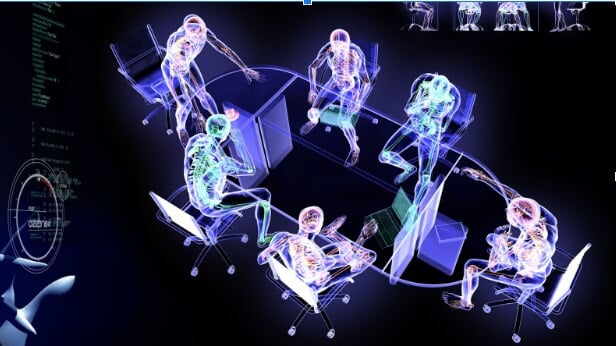There’s a tectonic shift taking place in the retail landscape. Customers today prefer digitalization over the old-school retail store. They are looking for a more seamless, personalized, and enhanced shopping experience, and technology is playing a crucial role in making that a reality. The influx of technology in retail isn’t just about meeting customer expectations, it’s a survival tactic. Today, if you’re not online, you’re simply not in business.
The Rise of Mobile Shopping
With over 86 million people in the US now using their smartphones for online shopping, mobile commerce has seen an unprecedented surge. The rise of mobile shopping has been extraordinary. I have witnessed how swiftly it has taken over traditional methods of shopping. Four out of five phone users thoroughly examine goods and services offered online before making a purchase, and this clearly highlights the importance of having a strong online presence for retailers.
Understanding Customer Behaviour with Analytics
There’s a significant increase in the importance of customer behavioral analytics and web analytics as customers grow more accustomed to online buying. I’ve seen how customers enjoy exploring products online, but they also anticipate that online retailers will provide them with options based on their tastes and purchase patterns. Leveraging these insights can drastically improve various business aspects such as supply chain, marketing, and merchandising.
Inventory Solutions: Key to Efficiency
By using retail inventory management software, stores can prevent product shortages and overstocks. There’s nothing more frustrating to a customer than finding out their desired product is out of stock, or overpriced due to overstocking. Having balanced stock levels not only satisfies customers but also helps the retailers save money which they can use for other profitable ventures.
The Power of Cloud-Based ERP
When it comes to managing inventories, cloud-based Enterprise Resource Planning (ERP) systems are the way forward. They provide retailers with comprehensive insights by comparing inventory data with billing schedules, purchase orders, financial data, and other crucial analytics. By having accurate, up-to-date data at every point, it enables retailers to make informed decisions.
Mobile POS: The Future of Transactions
Mobile POS systems are now catering to the preferences of today’s customers by accelerating in-store operations. Considering that 34% of millennial shoppers rarely carry cash, mobile POS systems play a key role in enhancing customer experience at checkout by reducing waiting times and making transactions quick and convenient.
The Magic of Augmented Reality
One of the most exciting technologies that has emerged in recent years is Augmented Reality (AR). More than 60% of customers prefer businesses with AR experiences. It’s fascinating to see how AR has the power to drive impulsive purchases – over 70% of consumers have reported that AR led them to make unplanned purchases.
Let’s take a look at how three successful retail brands embraced technology to keep pace with the digital age:
Zara – They introduced augmented reality into their stores in 2018 through window displays and in-store AR zones. This allowed customers to visualize the clothing better, thereby saving time and enhancing the shopping experience.
Nike – Their flagship store, the “Nike House of Innovation 000,” features digital components to provide customers with an immersive shopping experience. Notable features include a “Speed Shop” where customers can reserve shoes online to try in-store and a mobile checkout option.
Burberry – Their first social retail store in Shenzhen, China, combines luxury retail with social media to offer an interactive shopping experience. Customers earn virtual social currency by engaging with a WeChat mini-program, which they can use to interact with the store.
Ultimately, I believe that technology’s impact on the retail sector has been nothing short of transformative. Whether it is online shopping, behavioural analytics, inventory solutions, ERP systems, mobile POS, or AR, each technological advance represents a step forward in improving the shopping experience and meeting customer expectations.
The future of retail stores? They will undoubtedly continue to incorporate new technologies. The digital age is an era of constant change and adaptation, and retailers who fail to evolve with the times will inevitably be left behind. My catchphrase in this regard is quite simple: “In retail, adapt with technology or risk becoming history”.







